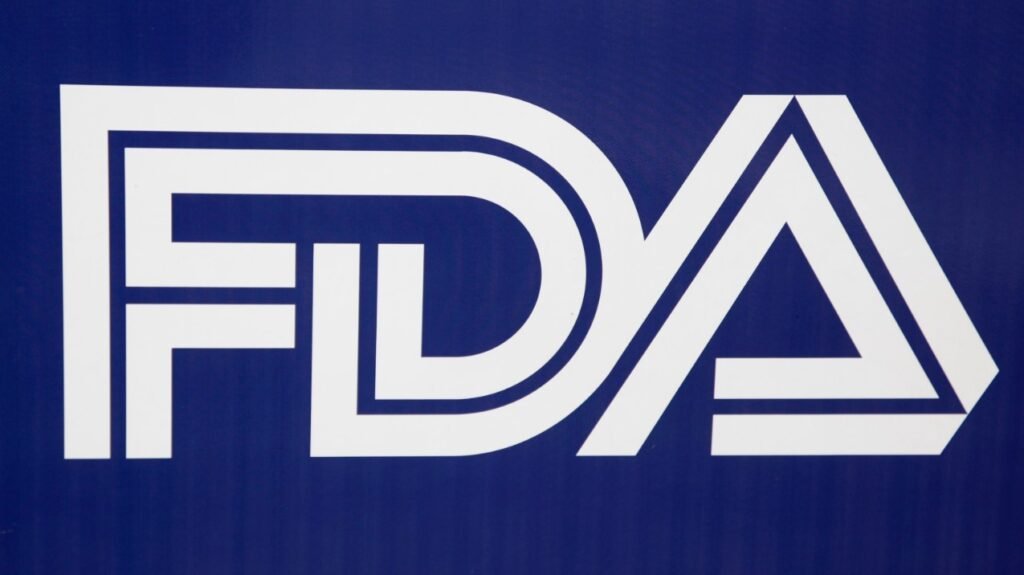The US Food and Drug Administration (FDA) is investigating a possible case of sabotage in the lead contamination of apple cinnamon fruit puree pouches that sickened dozens of children across the country. The agency has identified a supplier in Ecuador as the likely source of the tainted cinnamon used in the recalled products.
The FDA announced the recall of WanaBana, Schnucks, and Weis-brand apple cinnamon pouches in November 2023, after receiving reports of high blood lead levels in children who consumed the products. The agency tested samples of the pouches and found lead levels as high as 2.18 parts per million (ppm), more than 200 times greater than the action level of 0.01 ppm that the FDA had proposed in previous draft guidance for products intended for babies and young children.

Lead is a toxic metal that can cause serious health problems, especially in children, who are more susceptible to its effects. Exposure to lead can damage the brain, nervous system, kidneys, and blood cells, and cause developmental delays, learning difficulties, behavioral problems, and anemia. Symptoms of lead poisoning may include headache, abdominal pain, vomiting, irritability, lethargy, fatigue, constipation, difficulty concentrating, muscle weakness, tremor, and weight loss.
Cinnamon supplier under investigation
The FDA’s deputy commissioner for human foods, Jim Jones, said in a statement that the agency’s leading hypothesis is that the cinnamon used in the recalled pouches is the source of contamination. The agency has traced the cinnamon to a distribution company in Ecuador, Negasmart, which does not import cinnamon directly into the US.
Jones said that the FDA is working with local authorities in Ecuador to investigate the possibility that the contamination was an intentional act. He added that the agency has no reason to believe that the issue extends beyond the products that have already been recalled, and that the FDA is screening shipments of cinnamon from multiple countries for possible lead contamination.
Consumers urged to discard recalled products
The FDA has warned consumers not to eat, sell, or serve the recalled products, and to discard them carefully to prevent others from salvaging them from the trash. The agency has also advised consumers to check their homes and pantries for the products, which have a long shelf life.
The recalled products were sold nationally and were available through multiple retailers, including Amazon, Dollar Tree, Sam’s Club, Schnucks, and Weis stores. The FDA said that it is aware that some of the recalled products are still on the shelves at several Dollar Tree stores in multiple states, and that it is working with the retailer to remove them.
The FDA has also urged parents and caregivers to consult a healthcare provider if they suspect that their child may have been exposed to lead, and to get a blood test if needed. The agency said that most children have no obvious immediate symptoms of lead exposure, and that early detection and treatment can prevent or reduce the long-term effects of lead poisoning.
The FDA said that it will provide updates on the investigation as they become available, and that it is committed to protecting the public health and ensuring the safety of the food supply.
